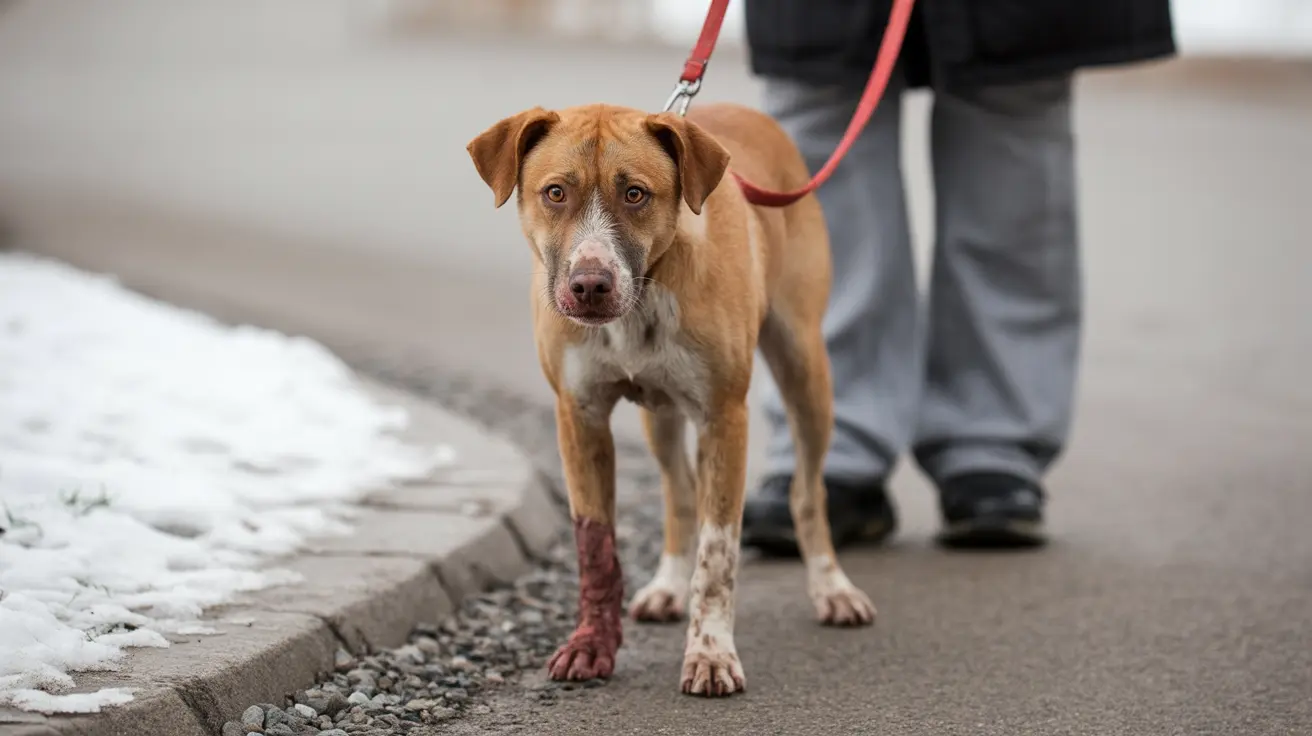Can Dogs Eat Vinegar? Safety, Benefits, and Risks Explained
Vinegar is a common household staple, but if you’re wondering whether it’s safe for your dog, you’re not alone. Many pet owners are curious about using vinegar—especially apple cider vinegar (ACV) and distilled white vinegar—for their dogs’ diets or as part of their grooming routines. Let’s break down what the evidence says about dogs and vinegar.
Types of Vinegar for Dogs
The two most commonly considered types for dogs are apple cider vinegar (ACV)—preferably organic and unfiltered—and distilled white vinegar. Other varieties like balsamic or red wine vinegar should be avoided because they may contain ingredients harmful to dogs (such as grapes). Rice and malt vinegars also aren’t recommended for pets with sensitivities due to higher sugar or gluten content.
Potential Benefits of Vinegar for Dogs
- Digestive Support: Some believe ACV helps balance pH in the digestive tract, supports beneficial bacteria, and may aid digestion. For example, a spoonful mixed into fermented vegetables or diluted in water is sometimes offered to dogs. However, not all dogs tolerate the taste.
- Skin and Coat Care: Diluted ACV (one part vinegar to one part water) is sometimes used as a topical spray to soothe itchy skin or repel fleas and ticks. It’s thought to have mild antifungal and antiseptic properties.
- Hot Spot & Ear Cleaning: A 50/50 mix of ACV and water may be applied to hot spots or used for mild ear hygiene (only on visible parts of the ear and never on raw skin). Always consult your vet first.
- Urinary Tract Support: In some cases, ACV can help lower urine pH when it’s too high (above 7), potentially dissolving certain crystals—but this should only be done under veterinary supervision after testing urine pH.
While these uses have been reported anecdotally over decades, there’s limited scientific evidence backing strong benefits. Always check with your vet before starting any new supplement or home remedy.
Risks & Side Effects
- Gastrointestinal Upset: Even modest amounts can cause vomiting, diarrhea, drooling, or loss of appetite—especially in sensitive dogs. Never give undiluted vinegar.
- Skin Irritation: Undiluted vinegar applied topically can dry out skin, sting, inflame tissues, and worsen wounds. Only use diluted solutions on healthy skin—not open sores.
- Mouth & Tooth Damage: Vinegar’s acidity can erode dental enamel or irritate mouth/throat tissues if used improperly or excessively.
- Medication Interactions: Vinegar may interfere with certain medications; always check with your vet if your dog is being treated for any health condition.
- Toxicity from Certain Types: Balsamic/red wine vinegars are unsafe due to grape content; rice/malt vinegars may be unsuitable for allergies/sensitivities.
Certain groups—like puppies, elderly dogs, those with kidney disease or ongoing medical conditions—are at higher risk from even small amounts of vinegar.
Dosing Recommendations
- Dilute thoroughly: Up to one teaspoon per quart of water (or one tablespoon mixed in food for large dogs); small breeds get a quarter dose or less.
- No more than two servings daily; always start low and watch for adverse reactions.
If your dog refuses food or water containing vinegar, offer plain alternatives so they don’t go without nourishment. Never force consumption.
Cautions & Warning Signs
- If you notice diarrhea, vomiting, drooling, loss of appetite, scratching, twitching whiskers, tucked tail/ears back, increased thirst—or other signs of discomfort—stop using vinegar immediately and consult your vet.
Avoid using salt and vinegar chips or processed foods containing seasonings like onion/garlic powders; these are unsafe for all dogs due to high salt/fat content and toxic ingredients. Instead, opt for plain vegetables such as carrots or broccoli as treats.
The Bottom Line: Should You Give Your Dog Vinegar?
A little diluted apple cider or white vinegar might occasionally support digestion or help with minor skin issues—but it’s not a cure-all. Risks include stomach upset and irritation if misused. Never substitute it for professional veterinary care; persistent symptoms always warrant expert attention. Store all vinegars safely out of reach from pets to prevent accidental ingestion.





